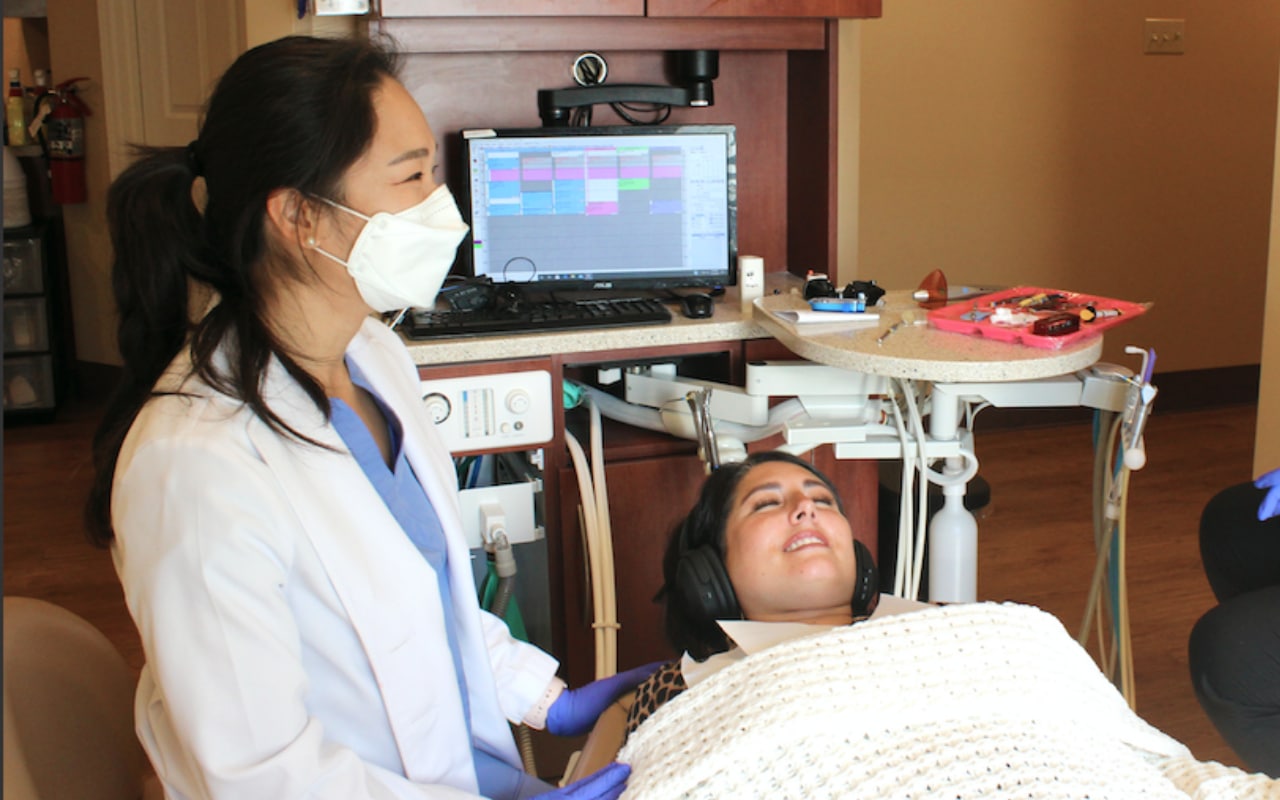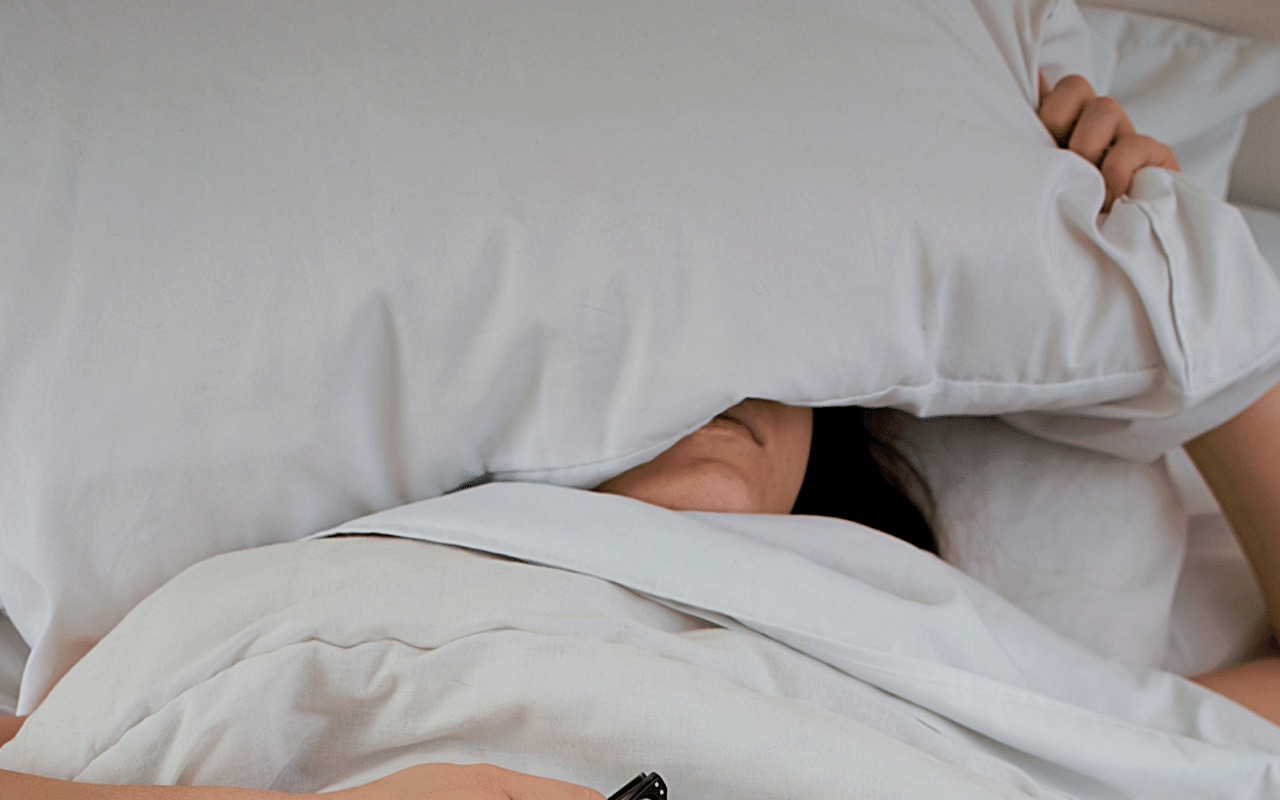Why Do I Need to See a Dentist Twice a Year?
The Importance of Seeing Your Dentist For Routine Cleanings
Most individuals would admit that going to the dentist is not at the top of their list of things to do. However, there are several benefits that should make you want to follow your routine cleanings. Today on the blog, our dentist in Lexington KY answers the question, “Why do I need to see a dentist twice a year?”
Routine Cleanings Are Essential
The frequency with which you should see your dentist Lexington KY is determined by the condition of your teeth and gums, as well as your ability to maintain proper oral hygiene on your own.
The ultimate objective is to visit you frequently enough to keep any oral issues at bay. Tooth decay (cavities) and periodontitis (gum disease) may both cause pain and tooth loss and are completely preventable. Seeing a dentist near me on a regular basis can help avoid them. Or, at the absolute least, stop them in their tracks. Thus, it’s critical to sit in the chair at least twice a year.
Keep Your Dental Health In Check By Eliminating Bacteria
Keep in mind that the bacteria in your mouth are dangerous opportunists that can harm your dental health without your knowledge. Dr. Kim, the best dentist in Lexington KY explains that plaque, a potentially hazardous bacterial film, is continually growing on your teeth and gums. Plaque is a whitish, sticky material that may eat away at your enamel (the strong outer layer of your teeth) and cause cavities. If plaque is not removed on a regular basis, it can harden into tartar or calculus, which can lead to gum disease.
You definitely want to avoid plaque developing into tartar. Thus, this is why dental checkups are so important. Additionally, tartar cannot be removed by even the most experienced brusher and flosser.
Dental Health is Correlated to Overall Health
Aside from that, seeing your dentist in Lexington on a regular basis may help maintain more than just your teeth healthy. Our friend Dr. Boals, dentist Colorado Springs, explains that diabetes and anemia are two examples of illnesses that might manifest themselves in your mouth. If your dentist finds something out of the ordinary during a visit, they might refer you to a specialist who will examine you.
Keep Your Teeth Clean and Healthy
Visiting the dentist may also encourage you to improve your dental hygiene. Do you know how your teeth feel silky-smooth after cleaning, and how it motivates you to do everything it takes to keep them that way? Try to implement proper oral hygiene every day of the year!
Dental Anxiety Options
If you’re afraid of going to the dentist, there are several methods to make it less frightening.
Thus, speak with your dentist. Tell them about your dental phobias and ask if there is anything they or their practice can do to help. Listening to music through headphones, utilizing nitrous oxide (laughing gas), and other options are possible.
Going to the dentist on a regular basis might help you feel more comfortable with the whole process. Furthermore, keeping your teeth clean may result in fewer checkups in the future (or fewer appointments, period).
You can help your dental appointments flow more easily by maintaining good oral hygiene and decreasing plaque and tartar. Brush your teeth twice a day for two minutes with fluoride toothpaste (it builds your enamel) and floss once a day. Sure, it’s hardly the most exciting thing in the world. However, as anybody who has had a root canal will attest, an ounce of prevention is worth a pound of treatment.
Contact Park Hills Family Dentistry Today for all Dental Needs
Of course, our dental team is here to help with all dental health needs. So, contact our dental office in Lexington, KY to schedule a routine check-up today.




